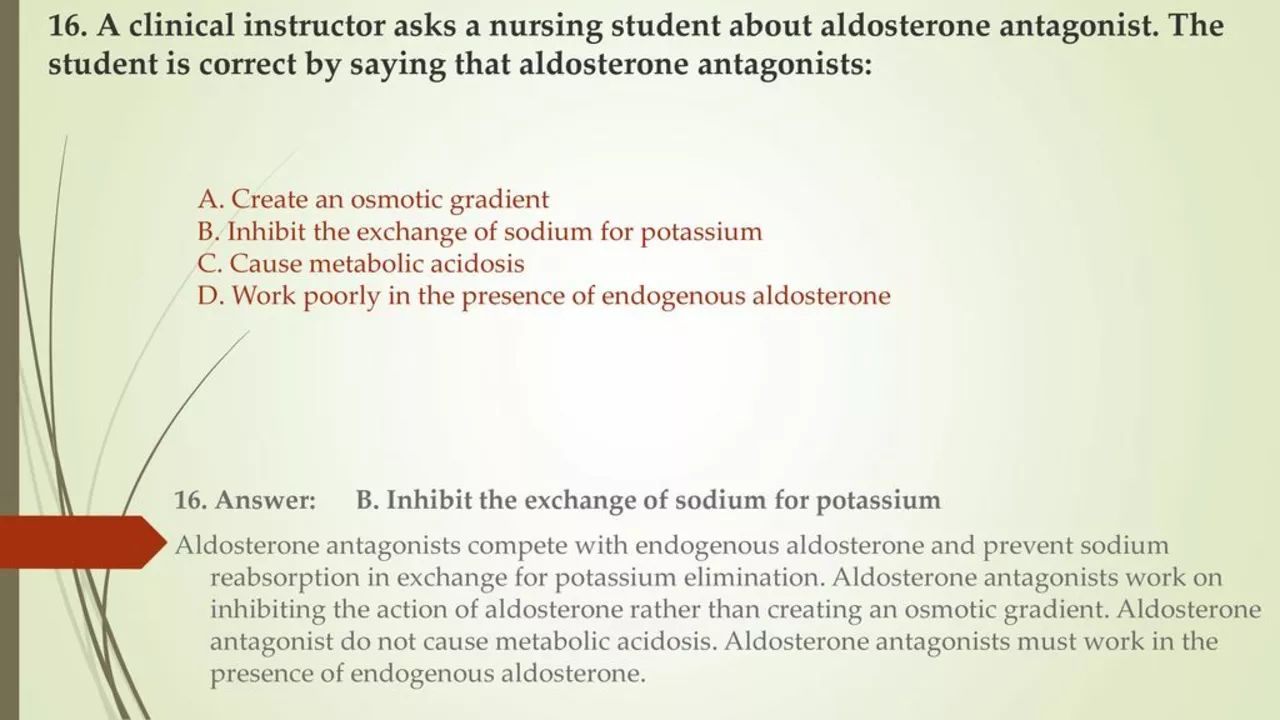Naltrexone: Quick Facts for IVF Patients
If you’ve seen the word “naltrexone” pop up while researching fertility meds, you’re not alone. Many people wonder what it does, why doctors might mention it, and if it could affect their IVF plans. Below is a straight‑to‑the‑point guide that covers the basics without any medical jargon.
What Is Naltrexone?
Naltrexone is a prescription drug that blocks opioid receptors in the brain. It’s most often used to help people stop drinking alcohol or using opioids, but doctors sometimes prescribe low‑dose naltrexone (LDN) for other conditions like chronic pain, inflammation, and even certain autoimmune disorders.
Typical doses for addiction treatment are 50 mg a day, while the low‑dose version used off‑label can be as small as 1.5–4.5 mg. The drug works by temporarily “turning off” receptors that normally respond to pain or pleasure signals, which can reset how your body handles inflammation.
How It Might Affect Fertility & IVF
There’s no solid proof that naltrexone directly improves fertility, but a few clinics have experimented with LDN for women who struggle with implantation failures or recurrent miscarriages. The theory is that reducing systemic inflammation can create a friendlier environment for embryos.
If your doctor suggests trying low‑dose naltrexone during an IVF cycle, they’ll likely start you on a tiny dose in the weeks leading up to ovarian stimulation. Most patients report mild side effects – maybe a headache or a bit of nausea – but these usually fade within a few days.
It’s crucial to tell your fertility specialist about every medication you’re taking, including naltrexone. Some IVF protocols involve hormone injections that can interact with any drug affecting liver enzymes. Your doctor will check for potential clashes and adjust dosages if needed.
For men, the picture is similarly unclear. A handful of small studies hint that LDN might improve sperm quality by lowering oxidative stress, but larger trials are still pending. If you’re a male partner, discuss any off‑label use with your clinic before starting.
Bottom line: naltrexone isn’t a standard IVF drug, but it’s being explored as an anti‑inflammatory add‑on in some experimental protocols. Talk to your doctor about the risks and benefits for your specific case.
Need more guidance? Browse the other articles on this tag page – you’ll find posts about buying meds safely, managing side effects, and tips for navigating online pharmacies. All of them are written with IVF patients in mind, so you can make informed choices without sifting through endless medical jargon.

Naltrexone and Bipolar Disorder: Can it Help Manage Symptoms?
As a blogger, I've recently stumbled upon the topic of Naltrexone and its potential benefits in managing Bipolar Disorder symptoms. Naltrexone is an opioid antagonist, which means it blocks the effects of opioids in the brain. There are studies suggesting it could help in stabilizing mood swings and reducing impulsivity in bipolar patients. However, more research is needed to understand the full potential of Naltrexone in treating Bipolar Disorder. I believe it's crucial to keep exploring alternative treatments to improve the quality of life for those living with this challenging condition.